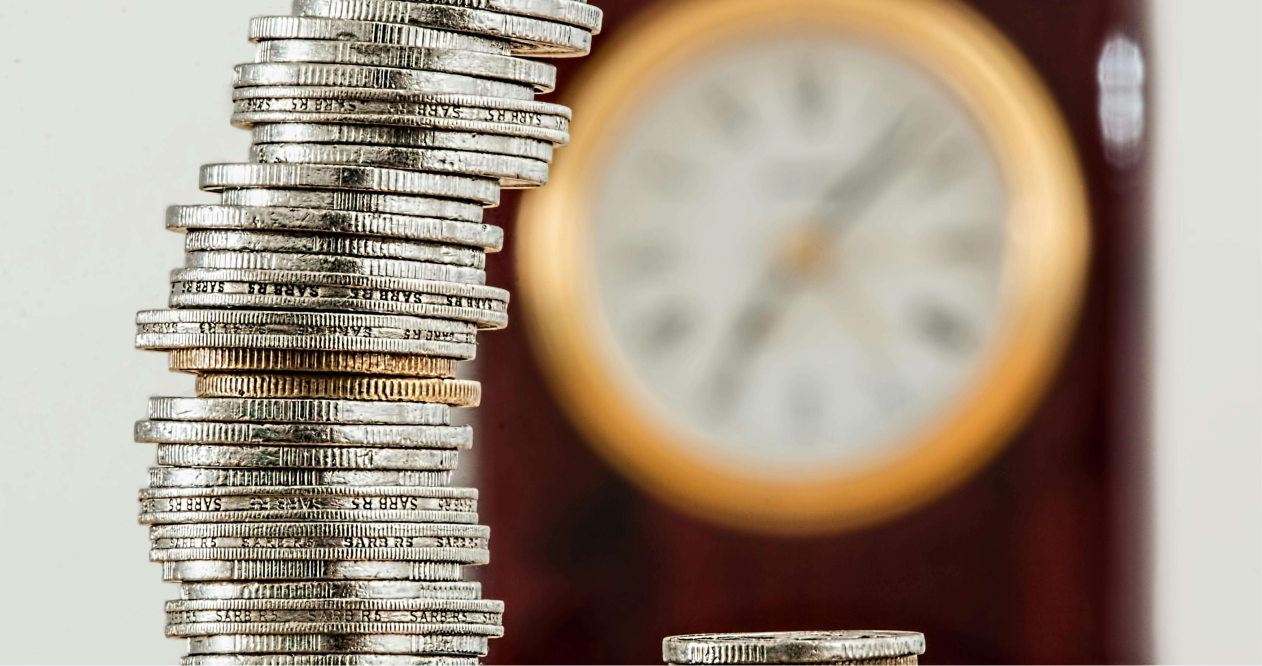A smart meter is one of today’s energy innovations that can change how you monitor your energy consumption, allowing you to take control of your electricity and gas use while saving money in the process. Here we look at what smart meters are, how they differ from traditional meters, how to read and interpret them, and the benefits they can bring.
How smart meters work
For previous generations of energy users, meters were things that needed to be read manually, i.e. by a person coming round to your premises and checking the reading. Today however, we have the smart meter – a digital device that records your energy usage in real-time and communicates that information back to your energy provider.
What is the difference between a smart meter and a traditional meter?
The primary difference between a smart meter and a traditional meter lies in how they collect and report data. Traditional meters require manual reads, which requires a utility worker to physically visit each meter to record the usage. This method can lead to estimated billing, over or under-charging based on inaccurate data.
Smart meters, however, automatically transmit usage data to your energy provider via secure wireless networks. This process eliminates the guesswork associated with energy billing, ensuring that you are only charged for what you actually consume.
Additionally, traditional meters cannot provide you with real-time usage data. Smart meters allow you to monitor your consumption as it happens, providing a clearer picture of peak usage times and opportunities for savings.
How to read a smart meter
When you look at your smart meter, you’ll find a screen that shows various details typically including your current energy consumption, total energy used, and possibly even cost estimates based on your current usage.
- Current usage: This number displays how much energy you are currently using, usually measured in kilowatts (kW) for electricity. Keeping an eye on this figure can help you identify peak usage times and adjust your habits accordingly.
- Total usage: This indicates the total amount of energy consumed over time, often expressed in kilowatt-hours (kWh). It’s helpful for tracking monthly consumption and comparing it against previous months.
- Cost estimates: Some smart meters provide an estimated cost of your current energy usage, allowing you to see how much you are spending in real-time. This feature can be particularly useful during high-consumption periods.
If your smart meter is integrated with a smartphone app, you can access detailed data remotely, allowing for even easier tracking of your energy habits.

Benefits of using a smart meter
The advantages of transitioning to a smart meter are numerous. Here’s a closer look at how they can improve your energy management:
- Accurate billing: Smart meters eliminate estimated bills, ensuring that you pay only for the energy you use. This accuracy helps you avoid surprises in your monthly bills, leading to better budgeting.
- Real-time insights: With the ability to view your energy consumption in real-time, smart meters allow you to make better choices about your energy use. You can identify which appliances consume the most power and adjust your usage accordingly.
- Energy savings: By being more aware of your energy consumption, you can take steps to reduce waste. This awareness often results in lower energy bills, which is a win-win situation for your finances and the environment.
- Environmental impact: Reducing energy consumption not only saves you money but also decreases your carbon footprint. By using energy more efficiently, you contribute to a healthier planet.
- Easier management of appliances: Some smart meters integrate with automation systems, allowing you to schedule appliances to run during off-peak hours. This capability can further reduce costs and improve your energy efficiency.
How to get a smart meter installed
Getting a smart meter installed is typically straightforward. Here’s how to make it happen:
- Check availability: The first step is to check if your energy provider offers smart meters. Most utility companies are shifting towards smart technology, but availability may vary by region.
- Contact your utility provider: Once you confirm availability, reach out to your energy provider to express your interest in getting a smart meter. They will provide you with information about the installation process and any requirements.
- Schedule an installation appointment: After confirming your request, schedule a convenient time for their technician to come and install the meter. The installation usually takes about an hour and is done at no extra cost to you.
- Follow up: After installation, you might receive a follow-up call or email from your energy provider to ensure everything is functioning correctly and to answer any questions you may have.

Common issues and solutions with smart meters
While smart meters are generally reliable, users may occasionally encounter issues. Here are some common problems and their solutions:
- Inaccurate readings: If you notice discrepancies in your readings, first check if there are any obstructions or interference affecting the signal. If that doesn’t help, contact your utility provider for assistance.
- Connectivity issues: Sometimes, smart meters may fail to communicate with your energy provider. This could result from network issues or technical malfunctions. If this occurs, reaching out to your provider is essential for troubleshooting.
- Display problems: If your smart meter display is malfunctioning or not showing data, consider resetting it. If the issue persists, contact your utility provider for further guidance.
By being proactive and knowing how to address these common issues, you can ensure a smooth experience with your smart meter.
How Zembl can help you be energy smarter
We’ve seen how a smart meter allows you to know more about your energy consumption and gain the insight to save energy and money – but what about the energy rates themselves? At Zembl, for more than 15 years we’ve been helping businesses check they’re on a competitive energy deal. Simply upload a current energy bill using the form below and our seasoned experts will reach out to you.
Frequently asked questions about smart meters
- What should I do if my smart meter stops working?
If your smart meter malfunctions or stops working, contact your energy provider immediately. They can assist in troubleshooting the issue or arrange for a replacement if necessary.
- How can I get a smart meter installed at my business?
Check with your energy provider to see if they offer smart meters. After confirming availability, you can schedule an appointment for installation at no cost.
- Are smart meters safe to use?
Yes, smart meters are considered safe. They comply with safety regulations and have been extensively tested to ensure they do not pose any health risks.
- How does a smart meter communicate with my energy provider?
Smart meters use wireless communication to transmit data securely to your energy provider. This communication typically occurs multiple times a day, ensuring accurate billing.
- What information can I see from my smart meter data?
You can access real-time usage data, historical consumption patterns, cost estimates, and more. Many providers offer user-friendly apps or online portals to view this information easily.
- Can I opt-out of using a smart meter?
Depending on local regulations, you may have the option to opt-out. Contact your energy provider to discuss your preferences and any potential consequences.





.png)


.png)

.svg)
.svg)